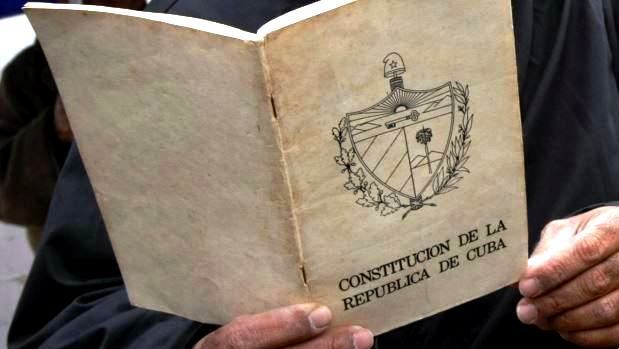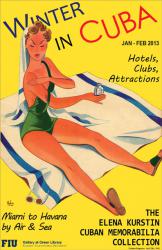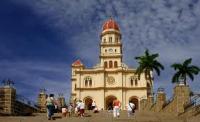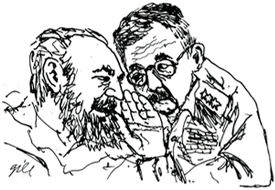Author: Samuel Farber
SAMUEL FARBER was born and raised in Cuba. He is a long-time socialist and the author of numerous works on Cuba including Cuba Since the Revolution of 1959: A Critical Assessment (Haymarket Books, 2011).

At a distance of one hundred years, the Russian Revolution, which truly shook the world, deserves to be remembered once more in terms of its emancipatory significance and its downfall and betrayal. This revolution would not have happened had it not been for the crucial role played by the Bolshevik party. It is true that the profound crisis affecting the Russian society, worsened by the country’s disastrous participation in World War I, could have sooner or later led to a massive upheaval. But it is questionable that a socialist revolution would have taken place without the organizational skills of the Bolshevik party and the political, strategic, and tactical genius of V.I. Lenin.
A refreshing, unconventional view, with none of the usual leftist idolizing of Castro. We talk about Fidel's popularity in Cuba among the older generation, his success in standing for Cubans against U.S. designs, the dictatorial power he seized and some of the huge moves he made in Africa, some good, some awful (Eritrea, Syria, Ortega's Nicaragua today).

The one-party state is a very controversial question that few of the left-wing critics of the Cuban regime have been willing to address. What follows is an attempt to explore, from the left, some of the issues around this topic.

On December 17, 2014, Washington and Havana agreed to a path-breaking change in a relationship that, for more than fifty years, was characterized by the United States’ efforts to overthrow the Cuban government, including the sponsorship of invasions, naval blockades, economic sabotage, assassination attempts, and terrorist attacks.
On the Non-Jewish Jew—An Analysis and Personal Reflection
Isaac Deutscher’s concept of the “The Non-Jewish Jew”1 has been adopted by many secular leftist Jewish intellectuals as a badge of identity. Defined by a universal and humanist outlook that is rooted in Jewish thought, his is a construct that draws inspiration from Jewish thinkers such as Baruch Spinoza, Heinrich Heine, Karl Marx,2 Rosa Luxemburg, Sigmund Freud, and Leon Trotsky whom he sees as revolutionaries of modern thought who went beyond the boundaries of their Jewish background.
 The influence of the Catholic Church in Cuba is growing, a recent and unanticipated development. Why? Has there been a big religious revival that has filled the Church pews? Not really. So, if there has not been a major increase in Catholic religiosity, why has the Catholic Church become important? For entirely political reasons.
The influence of the Catholic Church in Cuba is growing, a recent and unanticipated development. Why? Has there been a big religious revival that has filled the Church pews? Not really. So, if there has not been a major increase in Catholic religiosity, why has the Catholic Church become important? For entirely political reasons.
I met Phyllis and Julie in September of 1961. I had just graduated from the University of Chicago where I had joined the YPSL, and was passing through New York on my way to London. I met them at Julie’s machine shop in Great Jones Street in the East Village and they took me out for lunch at the corner diner on Lafayette and Great Jones. There they told me that the first issue of New Politics had just come out, and as the good and experienced organizers they were, they immediately enrolled me as their London distributor.

ON JULY 31, 2006, THE CUBAN government announced that due to a serious illness, the nature of which was declared a state secret, Fidel Castro was stepping aside as the head of state. His younger brother Raúl, officially designated as his successor since the early days of the 1959 Revolution, was "temporarily" replacing the commander-in-chief. Raúl is reputed to be more pragmatic and a better organizer and administrator than his older brother.



 The influence of the Catholic Church
The influence of the Catholic Church
